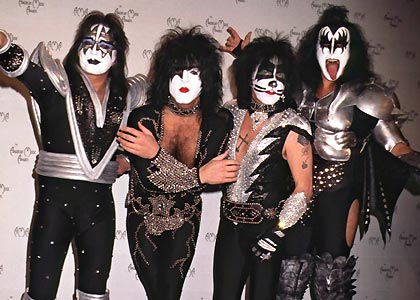Word for the Wise
Claque (KLAK) – a group hired to applaud; a group of sycophants. Example as used by Charles P. Pierce in an Esquire article titled “Nobody Knows How to Play This Game Anymore”: “The bill passed the House because the Freedom Caucus, that claque of unreconstructed extremists who hold the balance of power there, gave in a little.”
Did You Know…?
Cats spend 66% of their lives sleeping.
From My “Work-in-Progress” Basket
Principles of Wealth: #10 of 61
Wealth is neither absolute nor objective. This is so because those things that we value are by nature relative and subjective.
Your Richard Mille watch cost you $35,000 when you bought it 10 years ago, when the company first came into the public view. It worked no better than a $35 Casio. In fact, it worked considerably worse. You had to have it repaired twice and were charged several thousand dollars to do so. If the value you attached to your watch was pragmatic – keeping time and cost of use over 10 years – you’d feel the money you spent was a hugely foolish mistake.
But the company poured millions into advertising and became a status symbol, particularly among wealthy athletes and rap stars. It also raised its prices considerably. The current range is $250,000 and upwards.
Now you are told you can sell your “vintage, first edition” Richard Mille on the secondary market and walk away with $85,000 in cold cash.
Will you do it? That depends on how much you value its objective qualities of reliability and cost of use versus the subjective qualities of beauty, complexity, and prestige.
He Did What?
Although I haven’t written much advertising these past 20 years, I did more than a bit of it for a 10-year stretch during the 1980s. After that, I coached and mentored copywriters, and between 2000 and 2010 wrote a few books on the subject.
Writing persuasive copy was probably the single strongest money-making skill I had back then. And it accounted for the lion’s share of my earnings. But I was always a little embarrassed to admit that it was my primary job. Today, copywriters are looked upon much like actors were during Elizabethan times: otherwise reproachable lowlifes in possession of commercially valuable talents and abilities.
I do remember when, besieged by such opinion, I look refuge in remembering that one of my favorite writers, Samuel Clemens (Mark Twain) spent many early years writing copy to make ends meet. And he wasn’t the only one.
Here are some other respectable (and in some cases venerated) folks that worked as copywriters before achieving fame in a non-advertising career:
* Sherwood Anderson, author
* Helen Gurley Brown, former publisher and editor (Cosmopolitan)
* Gary Comer, founder of Lands’ End
* Don DeLillo, author
* F. Scott Fitzgerald, author
* Terry Gilliam, director and animator
* Alec Guinness, actor
* Dashiell Hammett, author
* Hugh Hefner, publisher (Playboy)
* Joseph Heller, author
* Tim Kazurinsky, comedian
* Rick Moranis, actor
* Ogden Nash, poet
* Bob Newhart, comedian and actor
* Salmon Rushdie, author
* Dorothy L. Sayers, author
* Fay Weldon, author
Look at This…





